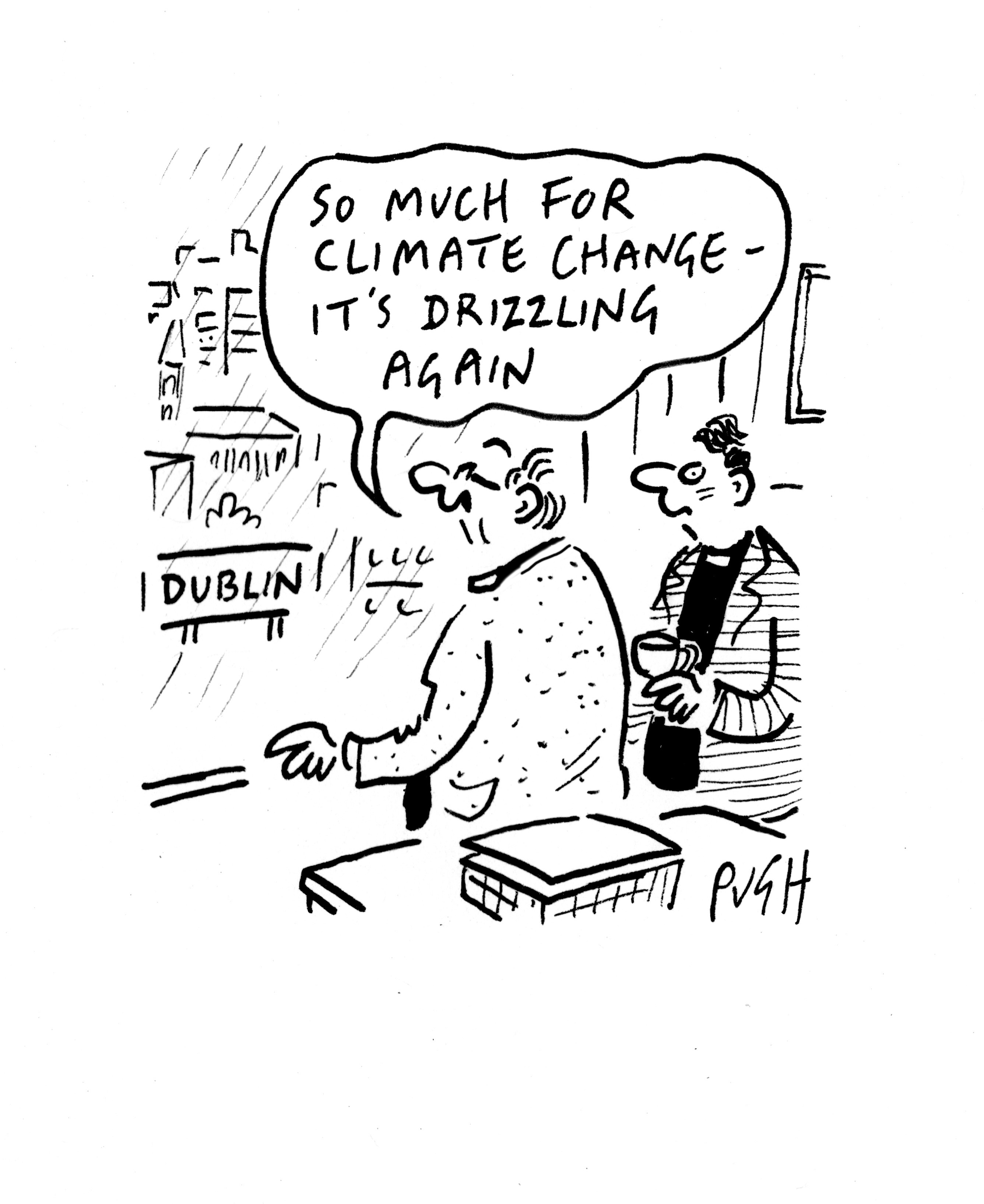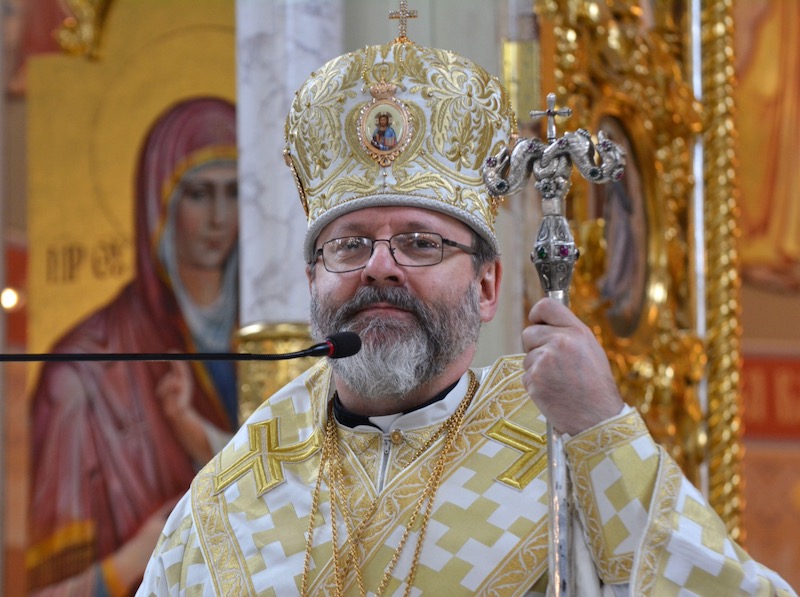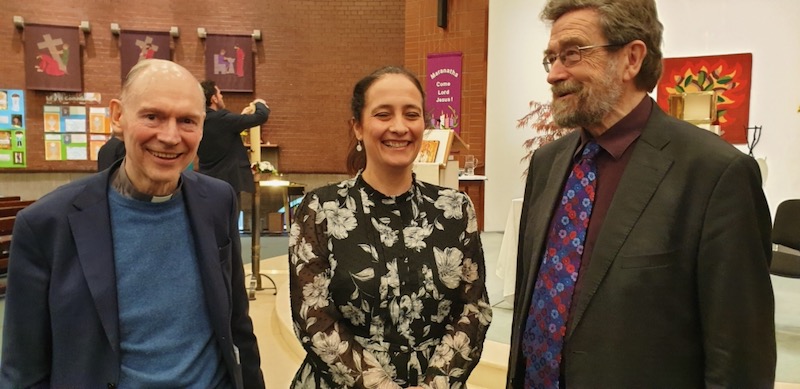An Irish government minister has paid tribute to a priest of the Archdiocese of Dublin for his “outstanding contribution” and facilitation of a discourse between faith, community and the environment.
Speaking after the inaugural Lane Lecture at the Church of the Ascension in Balally, Dublin, Catherine Martin, minister for tourism, culture, arts, Gaeltacht, sport and media referred to Fr Dermot Lane, the retired parish priest, as a “climate hero”.
She highlighted how Fr Lane, whose latest book, Nature Creating God – Towards a Theology of the Natural World, had studied and communicated the intersection of faith, community and environment over many years.
The climate and biodiversity crisis was “a tremendous challenge” she acknowledged but the deputy leader of the Green Party added that it can be overcome.
“We hold on to hope. Climate action can be difficult because as individuals we don’t like being told what to do and what changes we must make.” But the Irish politician, whose party is in a coalition with Fine Gael and Fianna Fáil, said the lecture was the antidote to that. “We have heard how as a united force in sympathy with each other we can make changes together and repair our common home.”
She paid tribute to Balally parish for “facilitating new spaces and forums where we can have essential conversations, where we can learn, where we can broaden the circle of people who understand the need to change”.
The inaugural Lane lecture was given by Trinity College Dublin economist, Professor John Fitzgerald, a former chair of the Climate Change Advisory Council. Like Ms Martin, Professor Fitzgerald is a parishioner of Balally parish.
In his talk Professor Fitzgerald warned that left to its own devices the market would destroy the planet.
“The developed world is largely responsible for the problem of global warming, and it shares responsibility for the damage done to nature and the loss of biodiversity. As a result, it is only right that we, the rich countries, pay for the decarbonisation of developing countries. The first and most obvious way of doing that is through income transfers.”

He said Fr Dermot Lane’s work “helps us understand the great environmental challenges which the human race faces, and also helps motivate the crucial task of finding solutions. In making the necessary changes in our way of life, we can draw inspiration from Laudato Sì and respect for nature reflected in the Bible.”
Speaking after the lecture to The Tablet about the debate over offshore wind turbines and plans to ramp up their numbers off Irish coasts in order to make the country less dependent on fossil fuels, Professor Fitzgerald said the evidence on offshore wind is that it is “good for the climate and good for biodiversity”.
Asked about opposition to the turbines over concerns about noise and a threat to marine species, he said he felt those concerns were “exaggerated”, though he acknowledged that some turbines might be visible from land and that was a genuine cost. “But when it is good for climate change and it is good for biodiversity, I think it is essential,” he said.
Responding to Professor Fitzgerald’s address, Fr Dermot Lane said the economist had “a deep appreciation of Laudato Sì and its importance in fostering a global conversation about the climate crisis. This appreciation of the encyclical enables him to bring faith, climate and economics into a constructive dialogue in the service of our common home.”
Fr Lane said Professor Fitzgerald opened up a much-needed public conversation on the relationships that exist between economics and ethics, between faith and science, and between ecology and the religions.
“He is aware that science alone will not save our common home, that faith alone is not enough, that ethics alone is insufficient, and economics alone is not sufficient. Instead, all of these disciplines interacting with each other can help to save our precious planet. The best chance for the future of our planet is the adoption of an inter-disciplinary dialogue between these different disciplines.”
Fr Lane, retired president of Mater Dei Institute of Education, added, “We need re-imagine what it means to be human in a world threatened by climate catastrophe, and we need to rethink who we are in a world that is radically inter-connected, inter-dependent, and inter-related from the bottom up. We must begin to realise that we live alongside other creatures within the larger living community of creation. We co-exist, not over, or above, or beyond other creatures, but alongside other creatures within one community.”



 Loading ...
Loading ...